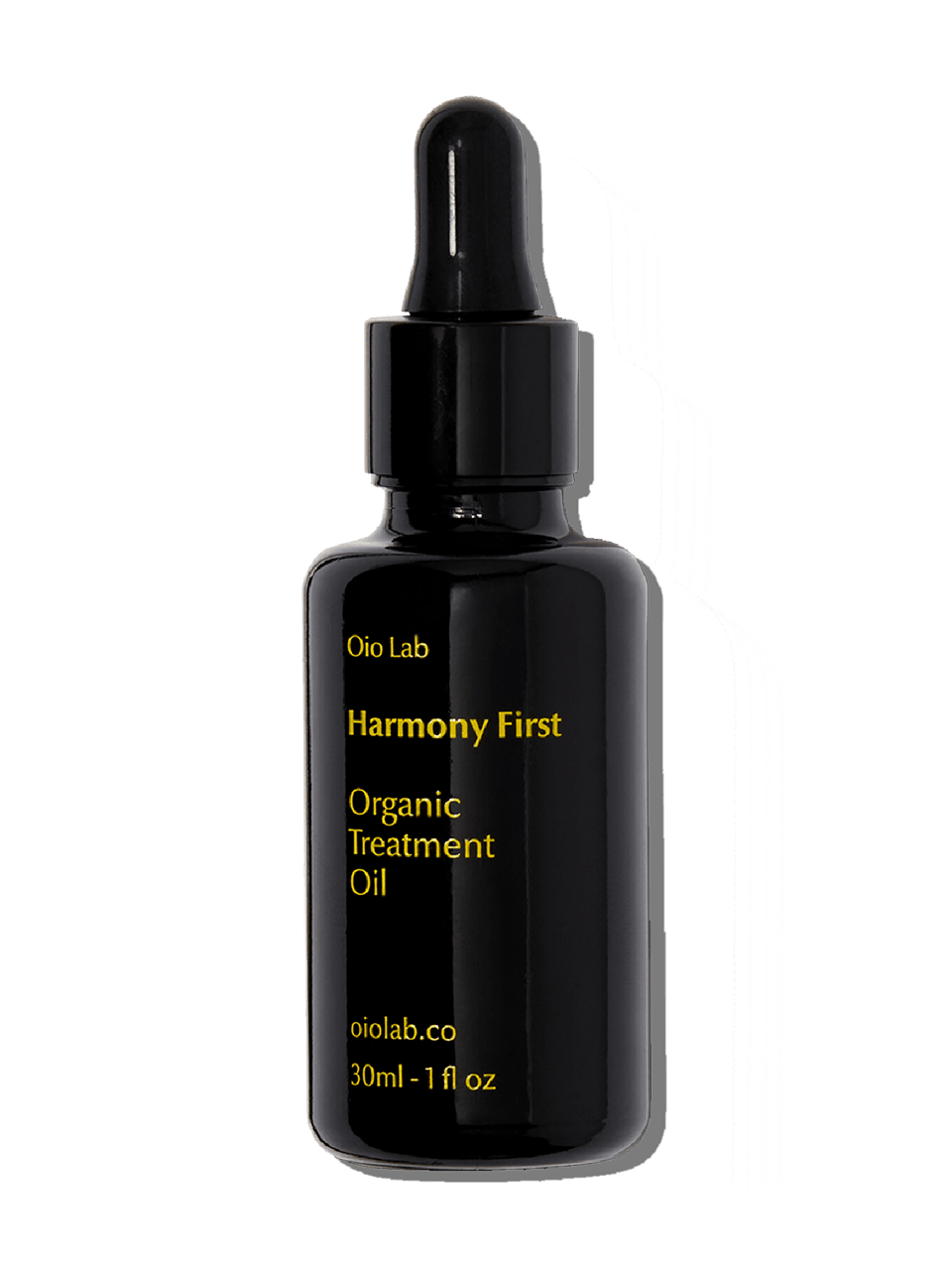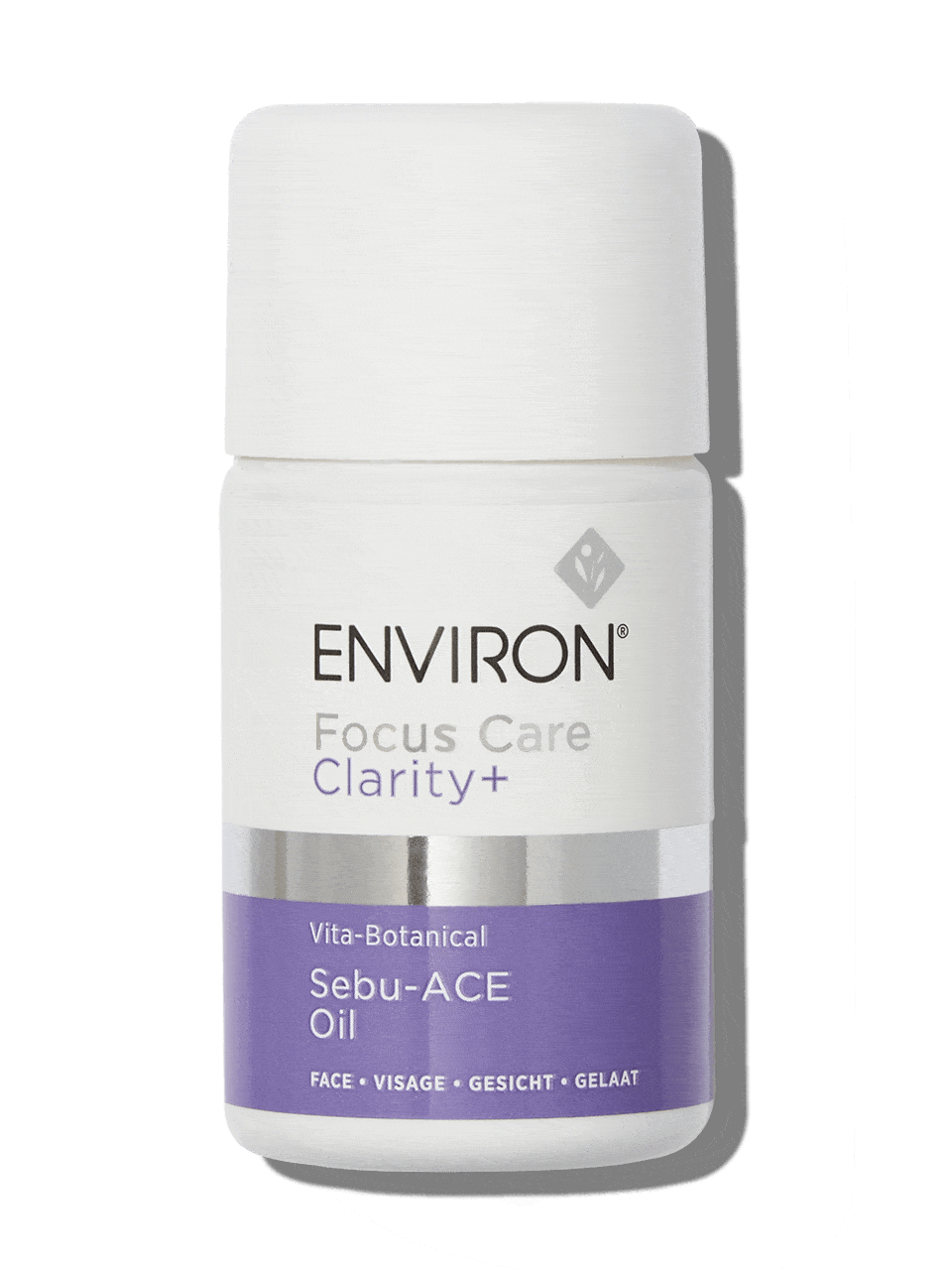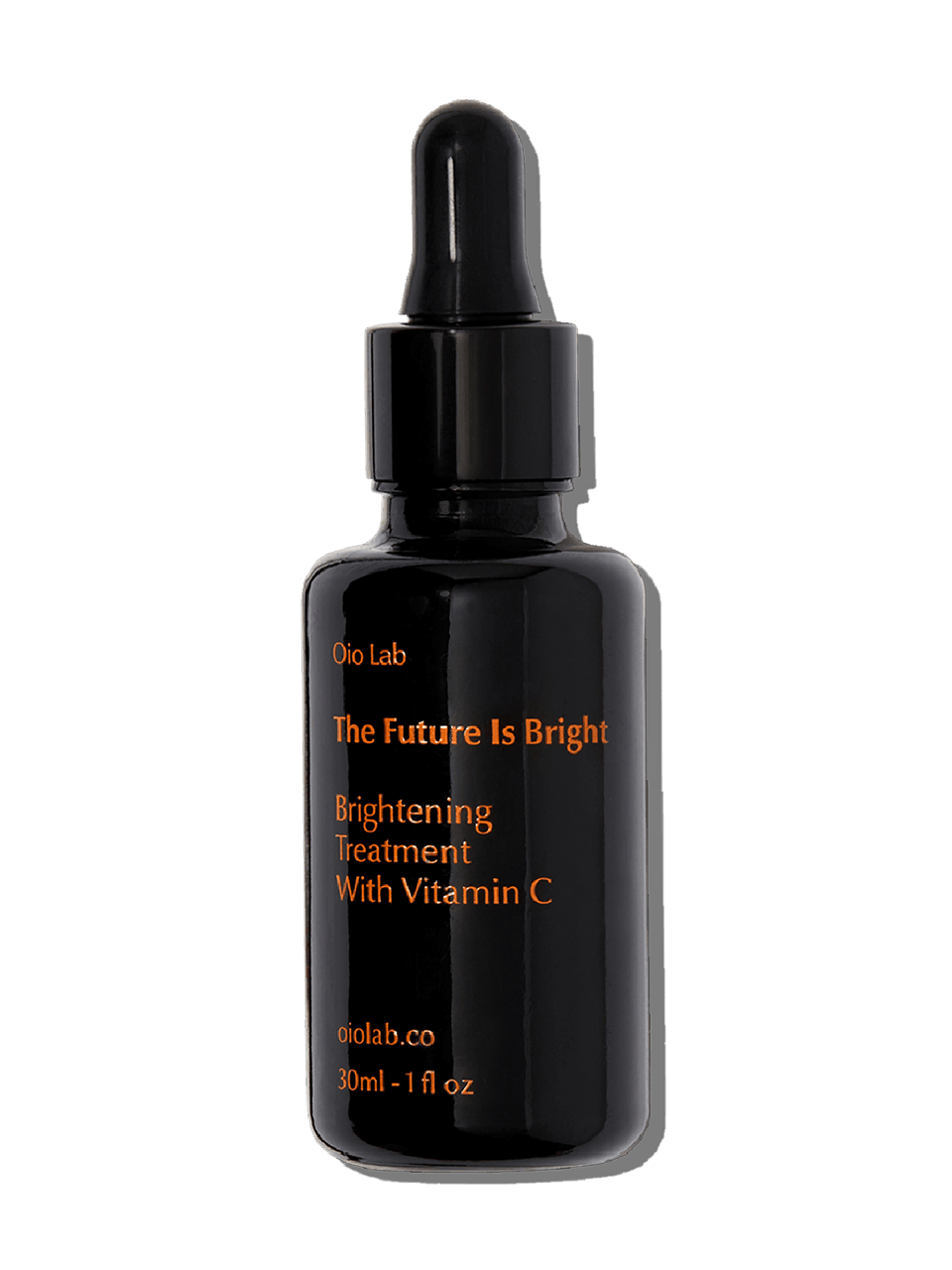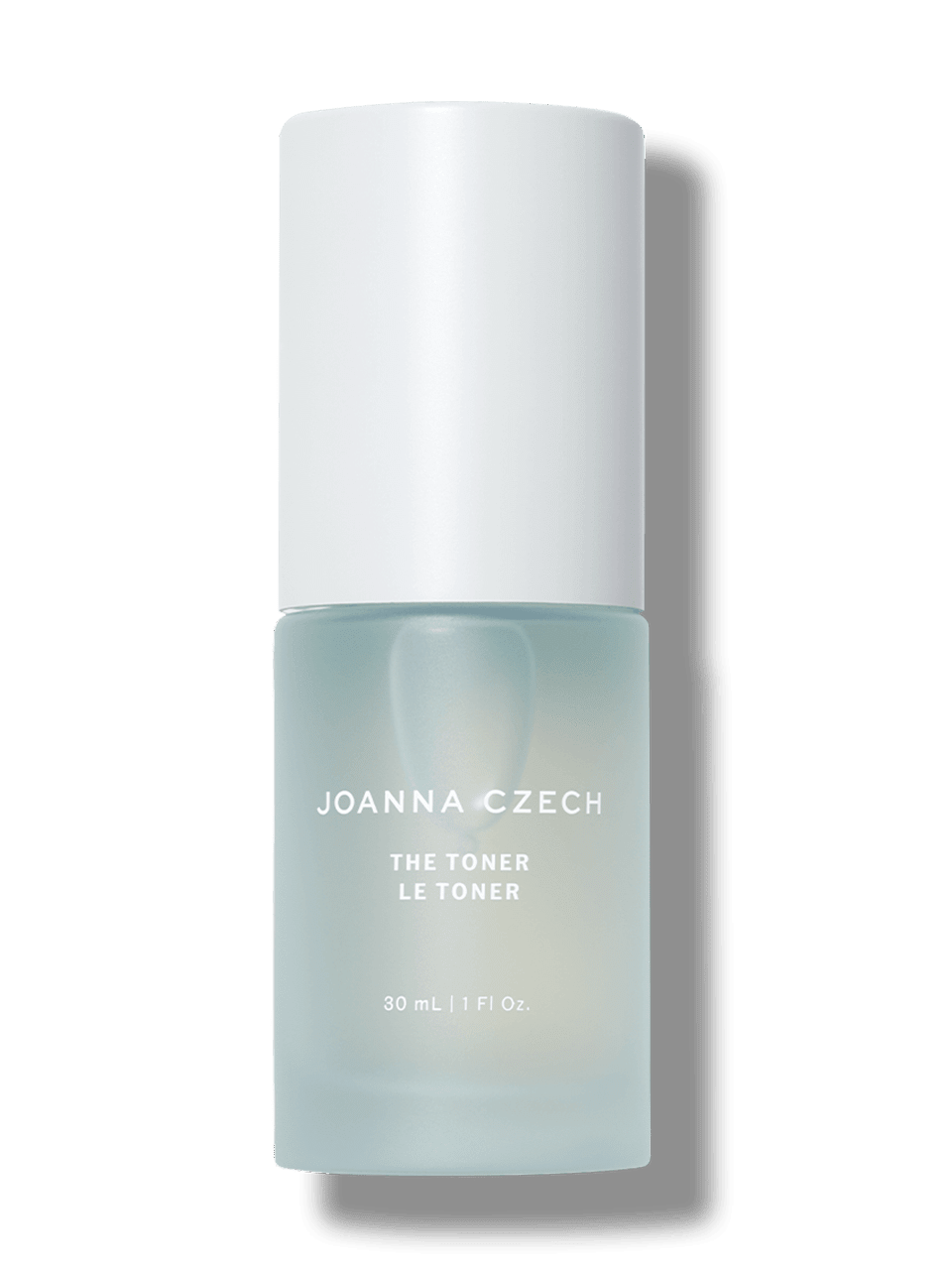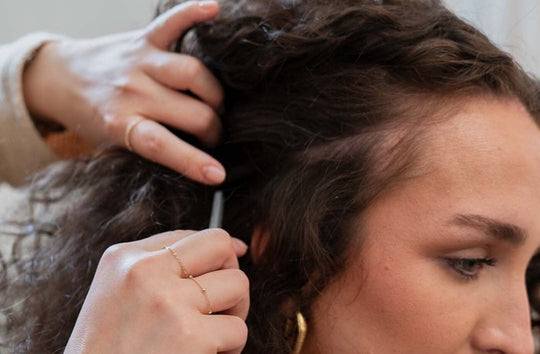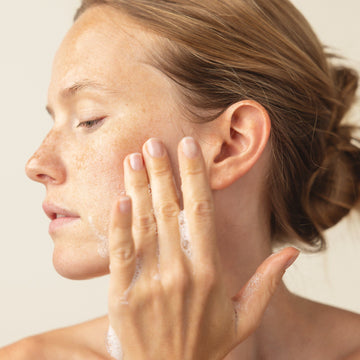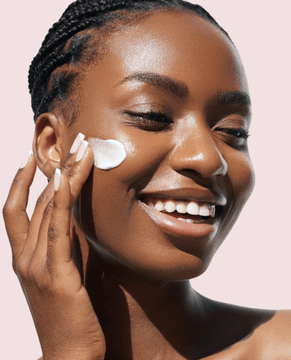The Benefits of Facial Oils: Choosing the Right One for Your Skin
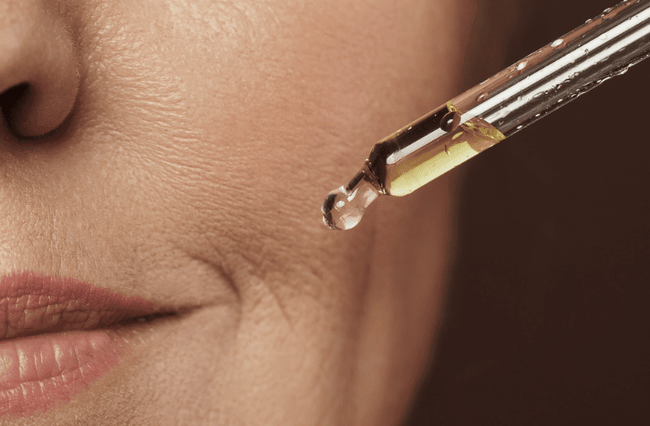
I've been a proponent of facial oils for over thirty years — long before the rise of clean skincare. My clients with acne and oily skin were initially hesitant, but I explained that facial oils can actually help regulate sebum production because oil dissolves oil. They are also filled with vital skin nutrients such as omega fatty acids and vitamins A, C, and E that are beneficial for the skin.
Facial oils are derived from the root, stem/bark, leaves, flowers, seeds, or fruits of plants and are known for their ability to lock in moisture and promote healthy skin. Facial oils are one skincare product I like to be 100% natural because, unlike synthetically produced oils, plant-derived oils have finer molecular structures, which allow them to fully absorb into the skin.
Here are my favorite facial oils and tips on how to choose the right one for your skin.
The Transformative Benefits of Facial Oils
Although each oil has its own set of characteristics, these are the benefits that every skin type will enjoy.
-
Deeply hydrates and nourishes: Facial oils help to replenish and retain moisture in the skin, which is essential for maintaining a healthy complexion. They create a barrier on the skin's surface that prevents water loss, thus keeping the skin hydrated and plump.
-
Promotes a healthy skin barrier: Many facial oils are rich in essential fatty acids, vitamins, antioxidants, and other nutrients that can be beneficial for the skin. These nutrients help nourish and support the skin's barrier function, promoting a smoother and more radiant complexion.
-
High antioxidant content: Natural oils are packed with antioxidants, shielding the skin from environmental stressors such as pollution and UV rays. This, in turn, helps prevent premature aging and hyperpigmentation.
-
Improves overall skin health: Facial oils provide a slight sheen, giving the skin an instant glow and vitality. The vitamin and omega fatty acid-rich extracts also plump fine lines, soothe redness, and smooth uneven texture.
- Provides a glide for facial massage: As you know, no non-invasive skincare regimen is complete without facial massage. Whether doing it by hand or using a tool like The Facial Massager, oil allows you to massage your face without pulling on the skin.
Different Types of Facial Oils
Just as there are thousands of plants in this world, there are thousands of oils that can be extracted. This list could continue for pages, but here are a few of the best facial oils.
-
Jojoba: Known for its similarity to the skin's natural sebum. It can help balance oil production, making it suitable for both oily and dry skin types. Jojoba oil is also rich in vitamins and minerals.
-
Argan: Native to Morocco, argan oil is rich in vitamin E, antioxidants, and essential fatty acids. It's often used to moisturize, soften, and soothe irritated skin and protect against environmental stressors.
-
Rosehip: Contains essential fatty acids, antioxidants, and vitamins A and C. It's known for its potential to improve skin tone, reduce the appearance of scars and fine lines, and promote skin regeneration.
-
Evening Primrose: A natural source of gamma-linolenic acid (GLA), an omega-6 fatty acid that has anti-inflammatory and moisturizing properties.
- Safflower: Rich in linoleic acid, an omega-6 fatty acid, known for its ability to help maintain the skin's barrier function, preventing moisture loss and promoting a smoother complexion.
Choosing the Right Facial Oil For Your Skin
Whether your skin type is usually dry, oily, or sensitive, or you're experiencing an acne flare-up, here's how to target your individual needs and the best facial oils for the job.
Dryness
Facial oils are a miracle for dry skin. They share a composition closely resembling the fatty acids and lipids found in sebum, allowing them to integrate seamlessly with the skin's natural lipid barrier, promoting effective moisture retention.
Wonder Valley's Face Oil is a potent yet lightweight blend of emollient oils enriched with restorative plant extracts. It's an all-purpose oil that hydrates, beautifies, and revives all skin types.
Reactive and Sensitive
Numerous facial oils include vitamin E, known for its soothing effects on irritation. The persistent presence of dryness can lead to sensitivity, but the hydrating properties found in facial oils can effectively mitigate this issue.
Oio Lab’s Harmony First Facial Oil is especially beneficial for irritated and inflamed skin, made with a selection of organic seed oils – broccoli, borage, safflower, wild rose, jojoba, and evening primrose to support the skin’s regeneration processes.
Acne
Contrary to what you might think, some facial oils are specifically designed for oily and acne prone skin as they can help regulate sebum production and prevent over-drying. You’ll just want to avoid comedogenic oils, such as coconut oil.
Environ’s Vita-Botanical Sebu-ACE oil has jojoba and sunflower seed oils to balance sebum production, while tea tree oil kills acne-causing bacteria.
Aging
The lasting hydration and boost of nutrients facial oils provide help temporarily plump fine lines and wrinkles. Plus, the healthier (i.e., more moisturized) the skin is, the less likely it is to become stressed and inflamed, which can contribute to aging. Most facial oils are rich in free radical-fighting antioxidants, and some have natural vitamin A levels, stimulating collagen production.
Costa Brazil’s Kaya Anti-Aging Face Oil is a glow-boosting beauty elixir featuring protein-rich Kaya Oil, antioxidant and vitamin-rich Cacay Oil revitalizing skin, and Baobab and Babassu Oils to firm and hydrate.
Hyperpigmentation
Face oils can reduce hyperpigmentation by delivering a concentrated dose of antioxidants and essential fatty acids that promote skin regeneration and repair, helping to fade dark spots and even out skin tone. Additionally, certain oils, such as rosehip oil and jojoba oil, contain compounds that can inhibit excess melanin production, the pigment responsible for hyperpigmentation.
Oio Lab has another excellent face-brightening vitamin C oil featuring an ultra-stable vitamin C (of natural origin) and cold-pressed oils in a sophisticated blend of milk thistle, rosehip, borage, and cranberry seed.
How To Incorporate Facial Oils into Your Skincare Routine
When you apply skincare in the correct order, it penetrates deeper and becomes much more effective, making the most out of your products and successfully treating skin concerns. Typically, facial oils should be applied last in your routine to help lock in serums and moisture — unless you’re wearing physical (mineral) sunscreen, which you should use last.
Here’s how I incorporate facial oils into my routine. After cleansing, apply a pH-balancing toner, followed by your favorite serum. Moisturizer comes next. Apply a lotion or cream first and then your facial oil in a press-and-release motion for maximum absorption. Or you can mix a few drops into your moisturizer. Pro tip: Gently rubbing the oil between your palms will further activate the ingredients.
However, one thing I love about facial oils is that the right formulations can replace the need for a serum. One of these rejuvenating facial oils is Vintner’s Daughter’s Active Botanical Serum, which contains 22 of the world’s most nutrient-rich botanicals for nourishing and restorative moisture.
Common Myths & Concerns About Facial Oils
Do facial oils cause breakouts?
Face oils will not contribute to breakouts unless you use highly comedogenic ingredients. In fact, keeping your skin too parched with overly drying skincare products can backfire, causing it to overproduce oil and lead to breakouts. Face oils actually help balance oil levels in the skin, keeping it calm, healthy, and acne-free.
Facial Oils vs. Moisturizers: What’s the Difference?
Facial oils and moisturizers are both skincare products designed to hydrate and nourish the skin, but they have different formulations and functions.
Facial Oils: Facial oils contain essential fatty acids, antioxidants, and vitamins that help lock in moisture, strengthen the skin's barrier, and provide additional nutrients. They primarily provide a sealing effect, helping to lock in existing moisture and prevent water loss from the skin.
Moisturizers: Moisturizers come in various formulations, including creams, lotions, gels, and serums. They contain a combination of water, humectants (ingredients that attract and retain moisture), emollients (ingredients that smooth and soften the skin), and occlusives (ingredients that create a barrier to prevent moisture loss). Moisturizers often contain water-binding ingredients that increase the water content of the skin, helping to maintain proper hydration levels.
Potential Downsides of Facial Oils
-
Allergic Reactions and Skin Irritations: Just because face oils are natural doesn’t mean you are exempt from reactions. There may be a plant extract you are allergic to, so make sure to perform a patch test on a small area of your skin before using a new facial oil on your face to check for any adverse reactions.
-
Shiny Appearance: I like the glowy sheen that comes from using face oils, but this may not be desirable for everyone, especially if you prefer a matte finish. Consider using facial oils at night or in moderation during the day if you're concerned about a shiny appearance.
- Overuse: Using too much facial oil at once or applying it too frequently can lead to an oily or greasy feeling on the skin. A little goes a long way, so start with a small amount and adjust as needed. And since oils do dissolve oils, if you don't moisturize properly and solely rely on facial oils, you can actually end up drying out the skin.
Start Using Facial Oils to Enhance Your Skin
Cultures all over the world have long embraced the transformative benefits of facial oils. Healthy, radiant skin starts with understanding your unique needs and finding the right facial oil match. From deeply hydrating and nourishing the skin to promoting a resilient skin barrier, each oil carries a wealth of advantages that cater to various skin types and concerns. Don’t forget to patch test your oils before using them on your face, and, as always, our team of estheticians would love to meet with you in-studio or virtually to give you the perfect facial oil prescription.

